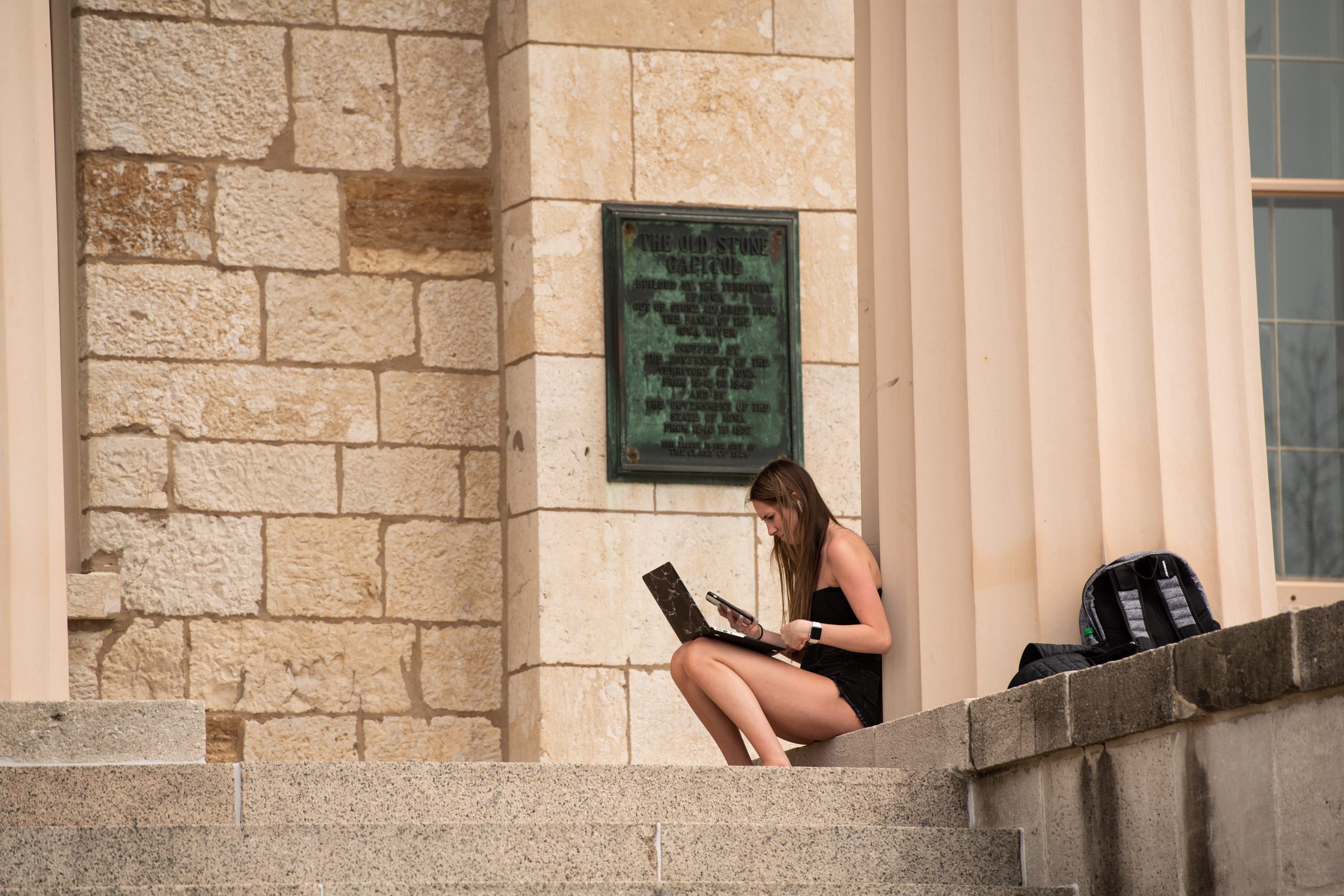Supporting the diverse needs of students

The UDL approach to course and curriculum design serves students with diverse backgrounds; students with disabilities, neurodiversity, international students, those from low-income backgrounds, first-generation, BIPOC, and other students all benefit from this approach. For instance, providing captions that accompany multimedia presentations accommodates hearing-impaired students, English language learners, and a wide array of other individuals. Adopting a mobile-friendly design for your course (for example, making your syllabus and course materials accessible through a smartphone) might help students who are busy with their jobs, families, and other responsibilities. Having captions or transcripts is essential for students who are deaf or hard of hearing, and also helps students who may be unfamiliar with disciplinary terms or students for whom English is not a first language.
As Thomas Tobin and Kirsten Behling note in their book Reach Everyone, Teach Everyone: Universal Design for Learning in Higher Education, “UDL reaches out to learners on mobile devices and gives them more time for studying. Giving learners with family, work, and service obligations just twenty more minutes in their busy days for learning and interacting can be the difference between struggling and keeping up with their studies” (Tobin & Behling, 2018, p. 7).
For example, having your course syllabus available online (through MyUI and ICON) and making it mobile friendly supports students with diverse needs. It is easily accessible for students who need to refer back to it frequently, such as student parents who may need to plan childcare around course requirements. The mobile-friendly format allows quick access on a phone for students who are commuting via public transportation and need to review assignments or deadlines while on the go. For students with vision disabilities, an accessible online syllabus can be used with screen readers or magnified without needing to obtain a special accommodation. Research demonstrates that incorporating different types of media and various methods of student engagement and assessment can positively impact student success (Meyer et al., 2014).
Approaching inclusive and accessible teaching thoughtfully requires understanding UDL’s benefits and limitations. Universal Design for Learning is an important framework that promotes accessible and inclusive education. However, UDL alone does not guarantee fully inclusive or accessible pedagogy. It represents one of many tools, but not a complete solution. To learn more about role of UDL in a context of accessible teaching explore UDL’s benefits and critiques, listen to Accessagogy podcast episode: Accessible pedagogy is not UDL. Sarah Silverman’s recent blog post provides overview of inclusive teaching’s connection to disability rights movement. Ultimately, thoughtful, accessible and inclusive pedagogy requires continually evaluating and integrating tools like UDL within a broader commitment to inclusion, accessibility, and social justice.
References
Gagné, A. (Host). (March 26, 2023). Accessible pedagogy is not just UDL. [Audio podcast episode]. In Acessagogy.
Meyer, A., Rose, D.H., & Gordon, D. (2014). Universal design for learning: Theory and practice. Wakefield, MA: CAST.
Nave, L. (Host). (2023, January 19). UDL Critiques with Eric Moore. Audio podcast episode]. In Think UDL. https://thinkudl.org/episodes/udl-critiques-with-eric-moore
Silverman, S. E. (2023). On the term “inclusive teaching”: Where did it come from and how has it changed? https://sarahemilysilverman.com/2023/01/10/on-the-term-inclusive-teaching-where-did-it-come-from-and-how-has-it-changed/
Tobin, T. J., & Behling, K. T. (2018). Reach everyone, teach everyone: Universal design for learning in higher education. West Virginia University Press.
